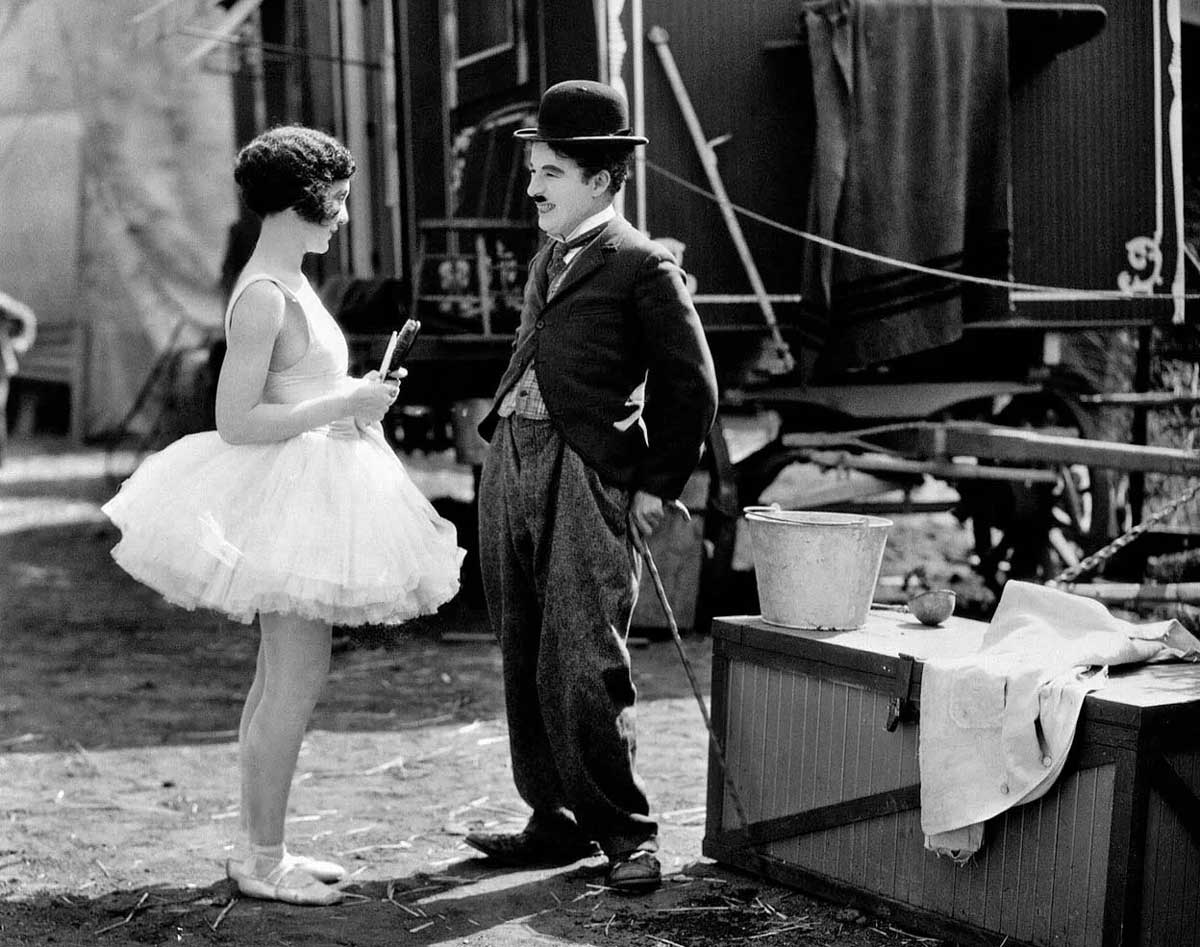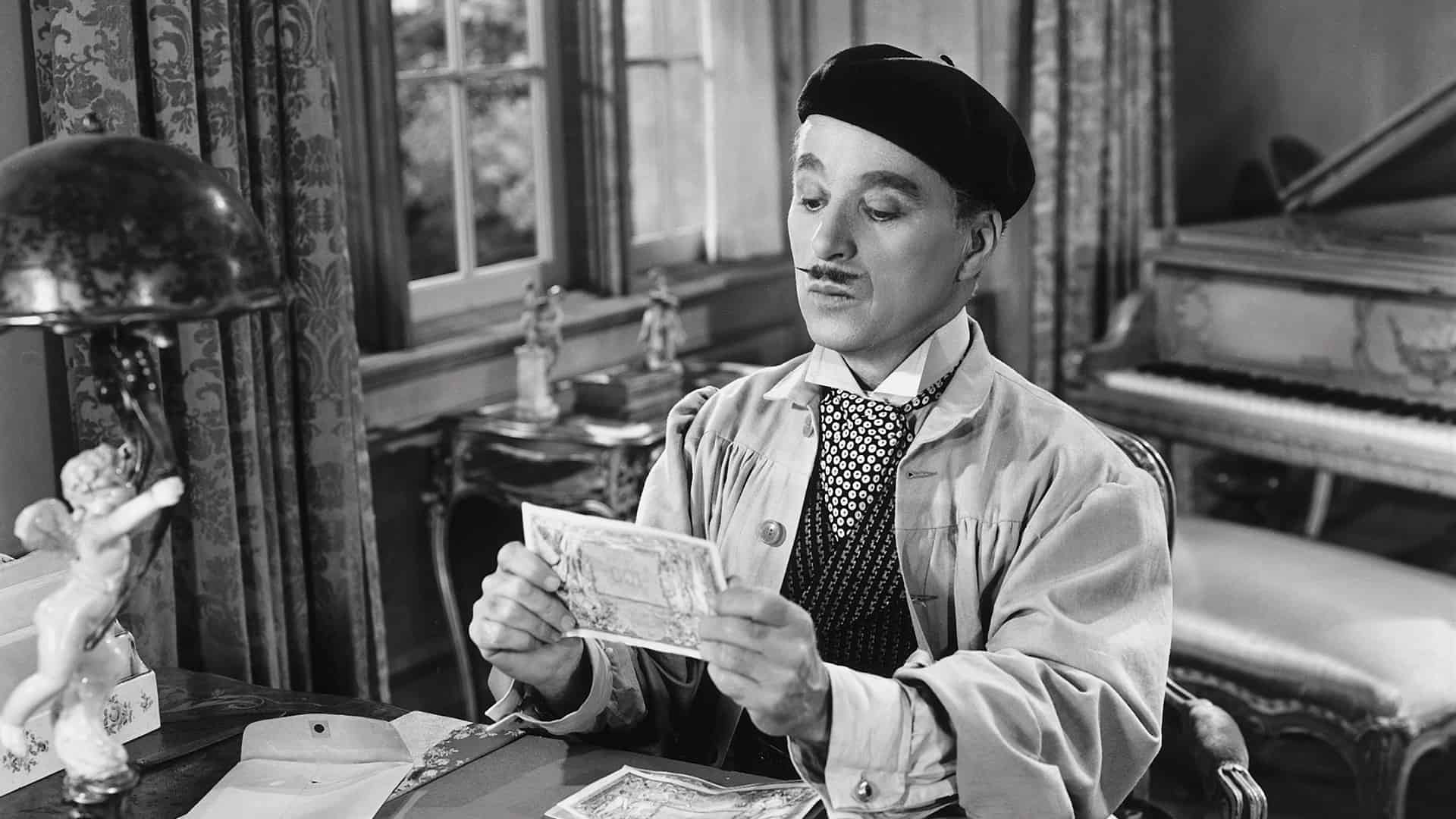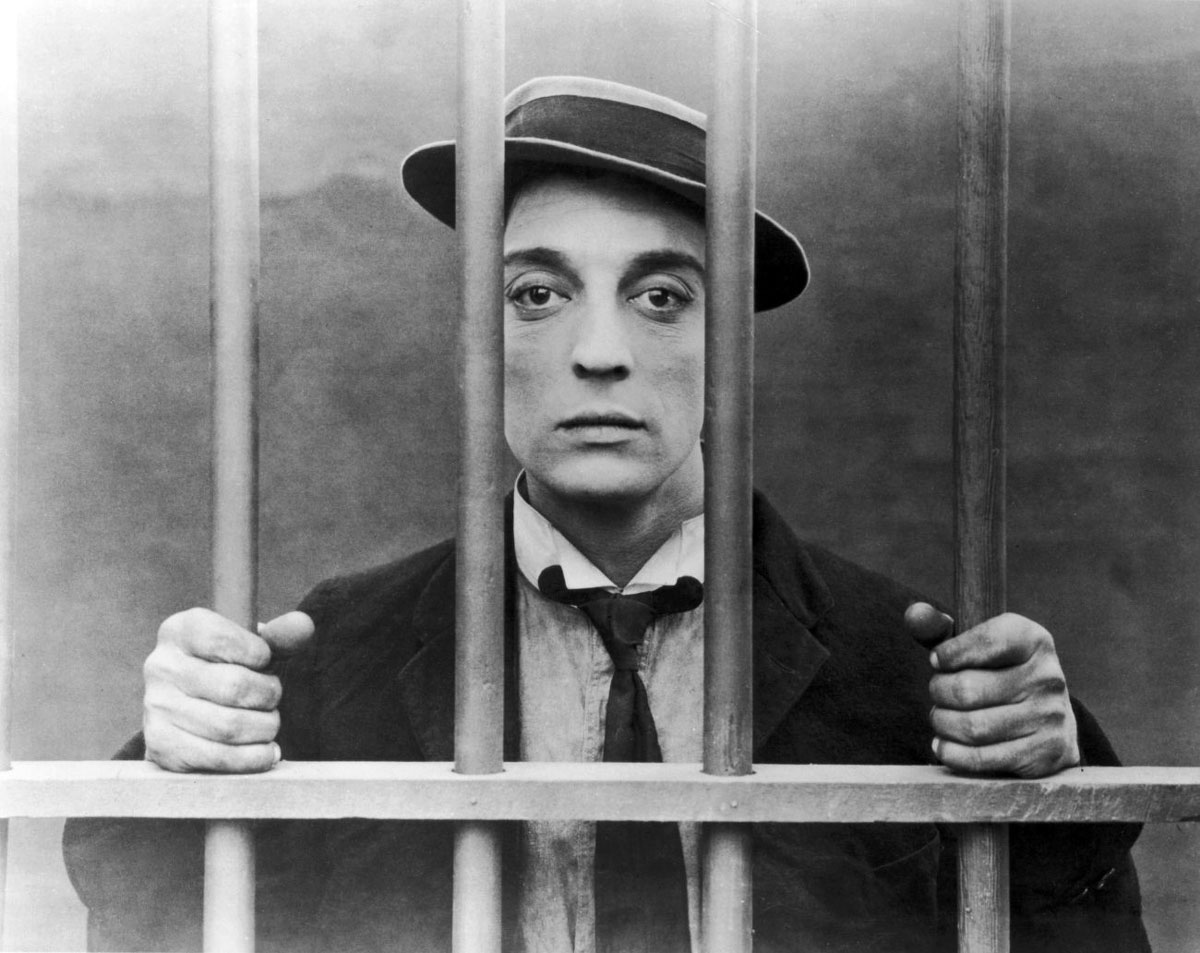
Charlie Chaplin’s ‘The Circus’: A Masterpiece of Melancholy and Mirth
Chaplin’s The Circus was released in 1928 when cinema was rocked by the sound revolution. It follows the stratospheric success of The Gold Rush (1925) but arrived during one of the artist’s toughest periods


